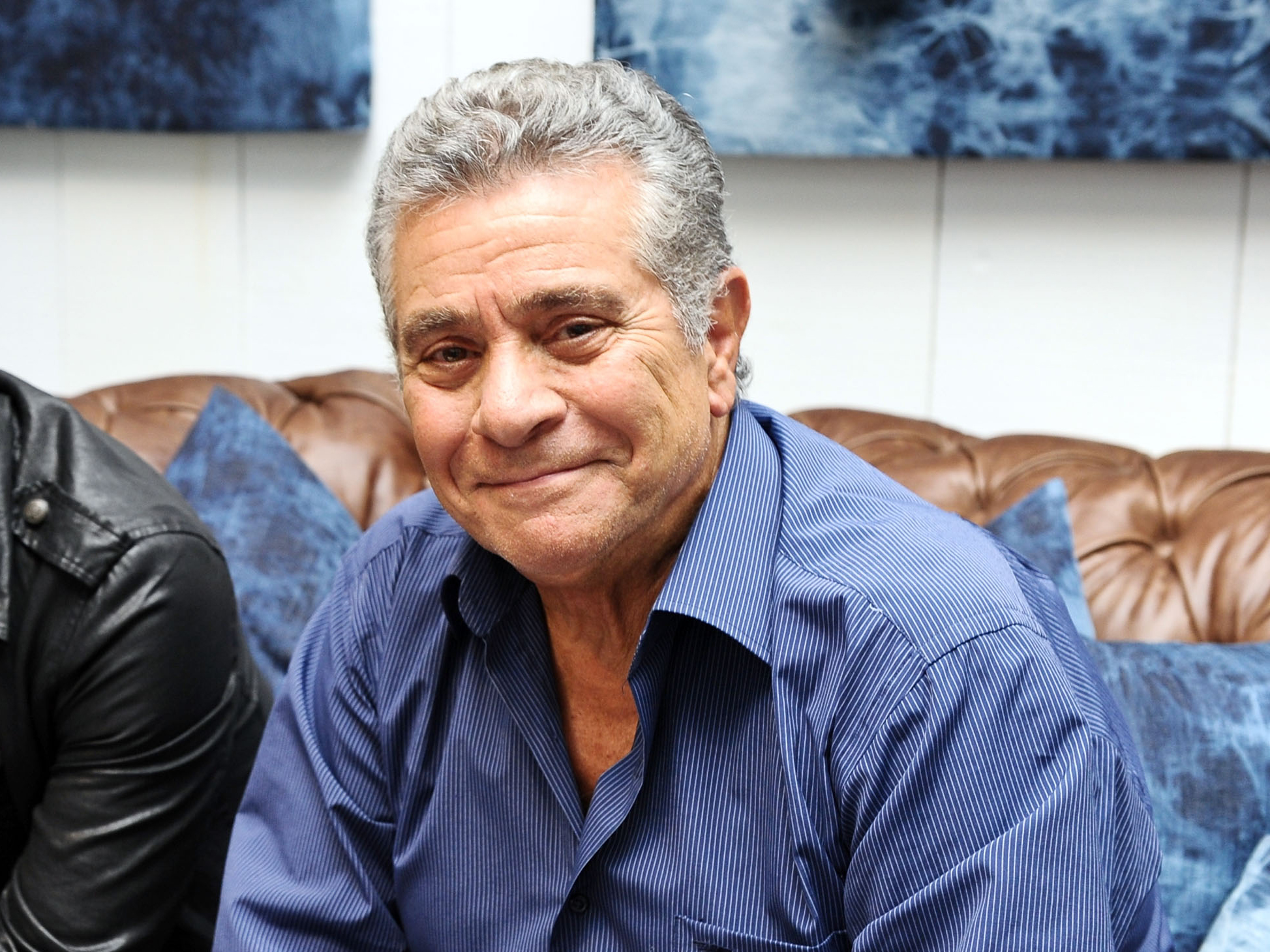
- Industry
Global Star Profiles: Behrouz Vossoughi
Anthony Quinn, and Jennifer O’Neill, and The Invincible Six in 1970 with Curt Jurgens while he was still living in Iran.
Frank Langella and Lesley-Anne DownTime Walker (1982) directed by Tom Kennedy; Eyes (1987) directed by Schwann Mikels; Terror in Beverly Hills (1989) directed by John Myhers; The Crossing (1999) directed by Nora Hoppe; and he appeared in the TV series Falcon Crest and Nightingales in 1981 and 1989, respectively. In all, he has appeared in more than 90 films and television shows throughout his career.
“Some people are going to see the movie as a film against contemporary politics in Iran, but I think it is much more than that. In the film, you can see that even during the Shah’s time, violence and the abuse of rights also existed. So to me, the film is more about what people are capable of when they’re in power, and this is a philosophical message that transcends time, politics, and place.”
Vossoughi is considered a cinematic legend in Iran and among the Iranian diaspora around the world. He is particularly inspiring to a new generation of Iranian filmmakers who reveres him. In 2000, the late director Abbas Kiarostami was honored with the Akira Kurosawa Lifetime Achievement Award at the San Francisco International Film Festival and shocked the audience by calling Vossoughi to the stage and bestowing his award on him, referring to him as someone who committed ‘career suicide’ by refusing to act in state-sanctioned films in Iran, preferring to give up his stardom and flee the country.
He is considered persona non grata by Iran. His films have never been shown there. He is one of several actors who has been attacked by the hardline Kayhan newspaper as being ‘morally corrupt’, in an attempt to diminish his work. In fact, Vossoughi was accused of having ties to the Shah’s government, a condemnation that virtually guarantees that he would never be allowed back in the country.
An attempt was made by the Directors Guild of Iran in 2018 to urge the government to lift the ban on actors from the pre-Revolution era, to no avail. While the government denied the ban, they said they welcomed anyone who had changed course from “the morally perilous road’ they had traveled and ‘returned to a righteous path.” For someone who had been branded a traitor by allowing his films to be shown in theaters owned by ‘anti-revolution agents,’ this was a clear message.
In February 2020, the publication Al-Monitor reported that there was another attempt by Iranian actors to allow Vossoughi to return to Iran after his 40 years of exile. One of the loudest voices was that of Shahab Hosseini, an actor in the acclaimed The Salesman. Hosseini wrote an open letter to President Rouhani asking him to remove the ban on Vossoughi, reminding him that he had voted for him in both his elections. Others lent their voices as well, but there has been no response so far from Rouhani. It is more likely the decision is in the hands of the hardline judiciary. Vossoughi said on his Instagram page that he had “no wishes in the last years” of his life. It is unlikely that he will ever see his homeland ever again.
Vassoughi has been honored at several film festivals. He won Best Actor at the International Film Festival of India in 1974 and received the Lifetime Achievement Award at the San Francisco International Film Festival in 2016.

